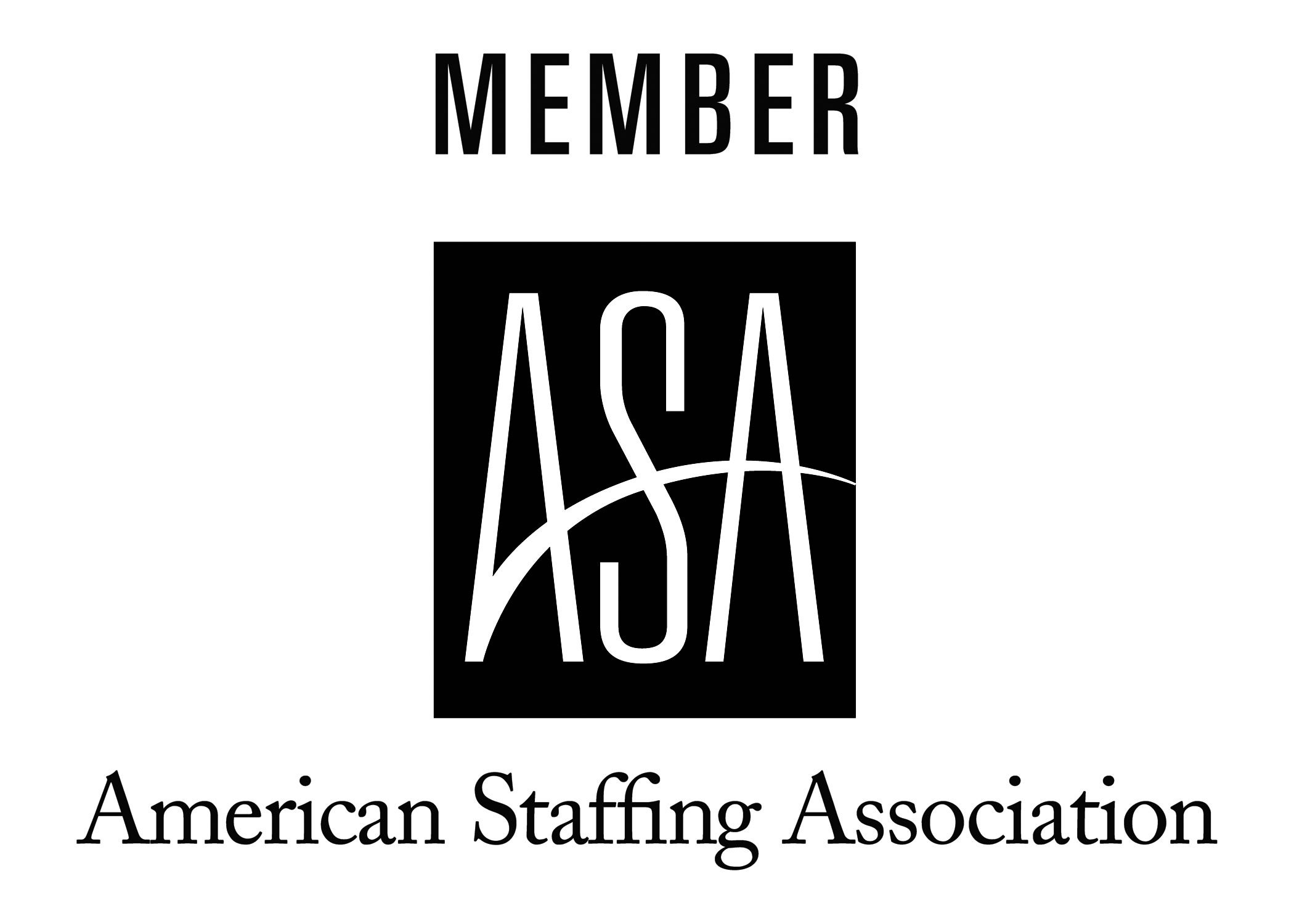The path to becoming a professional social worker in the United States requires more than passion for helping others. Every aspiring or practicing social worker must meet specific licensure and credentialing requirements to demonstrate competence, protect clients, and comply with state regulations. This guide provides a clear roadmap for practicing social workers, foreign-trained professionals, and career changers who want to understand what it takes to enter and advance in the field of social work.
Why Social Work Licensure and Credentials Are Important
Licensure is the legal process that allows social workers to practice social work in their state. Credentialing, on the other hand, refers to additional voluntary certifications that demonstrate advanced knowledge and commitment to the social work profession. Together, these elements ensure high standards of care, protect the public, and elevate the professional status of social workers.
According to the Association of Social Work Boards (ASWB), social workers must obtain the appropriate social work license before providing services. The National Association of Social Workers (NASW) also offers specialty credentials that validate expertise in areas like clinical social work, school social work, and case management.
Licensure Requirements and the ASWB
Each state has its own licensing process, but most follow a similar framework overseen by the ASWB. Licensure ensures that only qualified professionals can use the title “social worker” and work directly with clients in professional settings.
Education Requirements
Education requirements are the foundation of licensure. To become a social worker, you must complete the following:
- Bachelor of Social Work (BSW): Prepares you for entry-level roles in the social work field.
- Master of Social Work (MSW): The most common degree in social work is required for advanced practice and clinical social work specialization. Earning a Master of Social Work degree is essential if you plan to work toward a clinical license.
- Online Master of Social Work (MSW): Many universities now offer online MSW programs accredited by CSWE, making it easier for candidates to balance education with other responsibilities.
- Some states also allow those with a related degree in social work fields to obtain limited licensure, though licensure requirements vary by state.
Supervised Work Experience
Most states require between 2,000 and 4,000 hours of supervised social work experience for advanced clinical licensure. These hours must be completed under a licensed supervisor and are essential for developing the competencies needed to practice clinical social work independently.
ASWB Licensing Exams
The ASWB administers four exam levels:
- Bachelor’s exam – for BSW graduates pursuing entry-level licenses.
- Master’s exam – for MSW graduates.
- Advanced Generalist exam – for those with an MSW plus two years of generalist social work experience.
- Clinical exam – for those pursuing a clinical license, typically requiring an MSW and supervised clinical social work practice experience.
Passing the relevant exam is mandatory to get a social work license in every state.

Types of Social Work Licenses
Because licensure requirements vary, the types of social work licenses also differ by state. Common categories include:
- Licensed Bachelor Social Worker (LBSW): Entry-level roles in case management or community services.
- Licensed Master Social Worker (LMSW): Holders of an MSW who may practice under supervision.
- Licensed Clinical Social Worker (LCSW): Allows independent practice of clinical social work and psychotherapy.
- Licensed Independent Social Worker (LISW): Similar to the LCSW, authorizing independent practice.
Check with your state board to understand the specific requirements where you plan to practice, as the state’s requirements may differ.
Credentialing: Beyond the License
While a license verifies that you meet minimum state standards, social work credentials go a step further by showcasing advanced knowledge and specialization. The National Association of Social Workers (NASW) Guide to Social Work Credentials outlines a wide range of professional social work certifications for specializations that help practitioners distinguish themselves in the profession.
These credentials not only validate expertise but also signal a commitment to lifelong learning and ethical practice. They are often described as exceeding excellence in social work practice, as they demonstrate dedication to higher standards of service and client care.
Examples of NASW Credentials and Certifications
- Certified Social Worker in Case Management (C-SWCM): Demonstrates expertise in coordinating care for individuals with complex needs.
- Certified Clinical Alcohol, Tobacco, and Other Drugs Social Worker (C-CATODSW): Focuses on addiction treatment, an essential certification for anyone seeking to become a drug social worker.
- Certified Social Worker in Health Care (C-SWHC): Highlights competence in hospital, clinic, and other healthcare settings.
- School Social Work Specialist (SSWS): Recognizes expertise in addressing challenges within educational environments.
Why Credentials Matter
Social workers who want to excel in their careers often pursue these certifications to expand opportunities and advance professionally. Credentials highlight a social worker’s dedication to continued growth, strengthen credibility with employers, and demonstrate mastery in specialized areas of social work practice.
In short, while licensure is required to practice social work, credentials elevate the profession by ensuring that professional social workers not only meet but exceed expectations in their service to communities.
Licensure Compact for Social Work
Mobility has long been a challenge in social work. To address this, the Interstate Compact for Social Work Licensure was introduced. This agreement will eventually allow licensed social workers to practice across member states without needing to reapply for a license in each jurisdiction.
As of September 2025, the compact is not yet active, but legislation has been introduced in more than a dozen states. Once fully implemented, the compact for social work licensure will streamline cross-state practice and expand opportunities for social workers who want to relocate or practice telehealth.
Foreign-Trained and Career-Changing Social Workers
Social workers who earned their education abroad must complete a degree evaluation through CSWE’s International Social Work Degree Recognition and Evaluation Service. Once verified, candidates can apply to their state board for licensure. Requirements vary, but most states require international candidates to meet the same licensure requirements as US graduates.
Career changers with a degree in social work or related disciplines can sometimes qualify for provisional licensure while completing a Master of Social Work. Online master of social work programs provide a flexible pathway for those balancing employment and education.
Planning Your Social Work Career
If you want to become a licensed social worker, start by choosing an accredited social work program and planning your path based on your career goals. For instance:
- Those who want to work in case management may pursue a BSW.
- Candidates seeking to work in a clinical setting will need an MSW and eventually a clinical license.
- Social workers who want to work at the national level or pursue leadership may add NASW credentials to strengthen their profile.
No matter the path, social workers must complete their state’s licensing requirements and remain informed about how requirements vary across the U.S.
Conclusion
The process of earning a social work license and pursuing social work credentialing may seem complex, but it provides a strong foundation for a rewarding career in social work. From education and supervised experience to exams and specialty credentials, these steps safeguard the profession and help social workers deliver high-quality care.
With reforms like the interstate compact for social work on the horizon, the profession continues to evolve, expanding opportunities for professional social workers and ensuring the highest standards for the communities they serve.
Advance Your Social Work Career with US
Whether you are an aspiring social worker, a licensed professional seeking new opportunities, or a foreign-qualified practitioner navigating U.S. licensure, Verovian Social Work Recruitment Agency is here to guide you. We specialize in connecting skilled social workers with roles that match their expertise, values, and career aspirations. From clinical settings to community programs, we ensure you find the right fit.
Take the next step today, Register with us to shape your future in social work!





